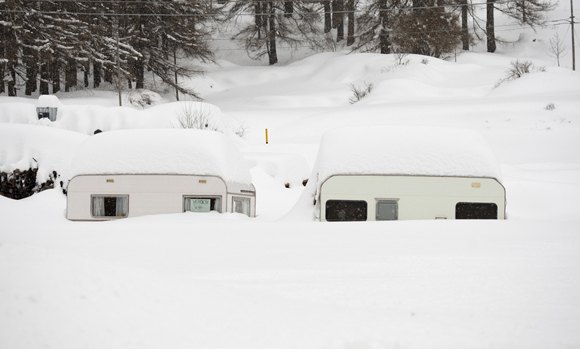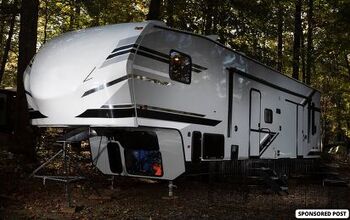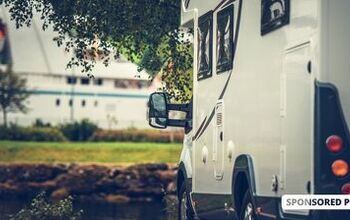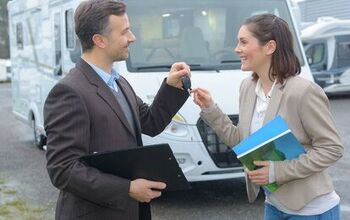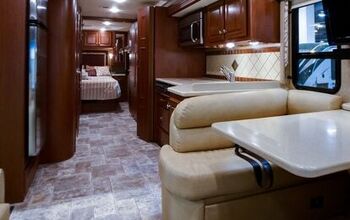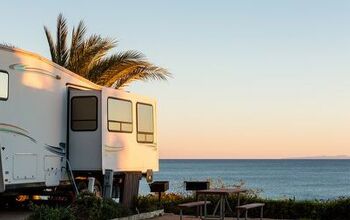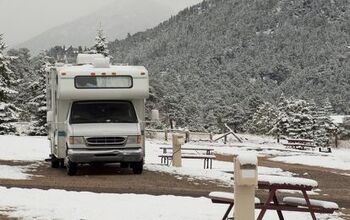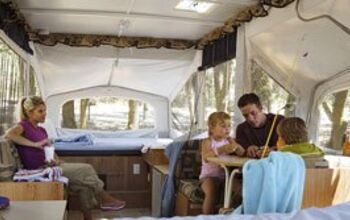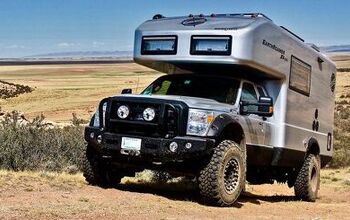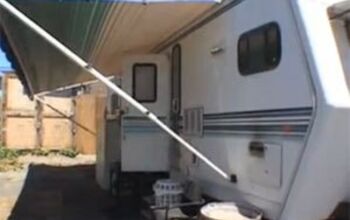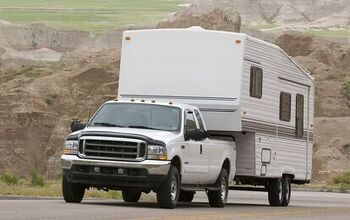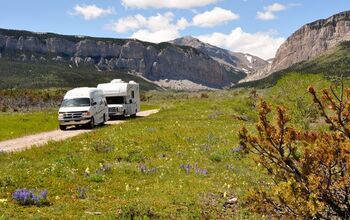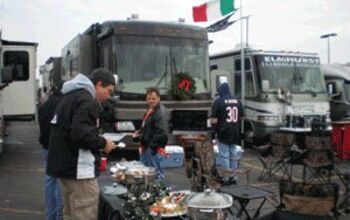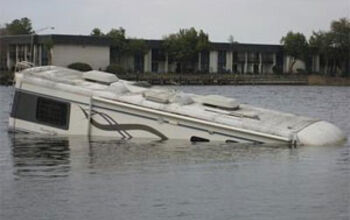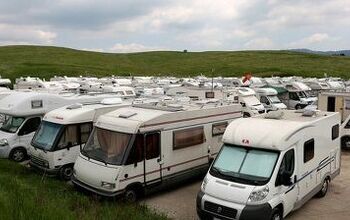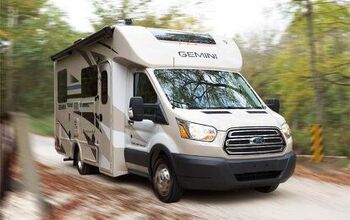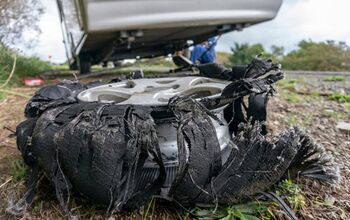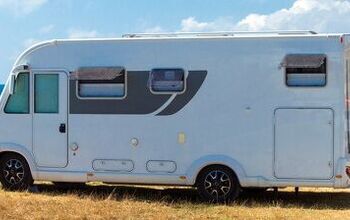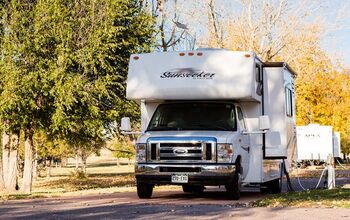Five Common Mistakes to Avoid When Storing Your RV for the Winter
Sadly the seasons are changing and winter is just around the corner. For some of us, this means the deep freeze is almost here and it’s time to put the RV away for a few months while the snow piles up and the temperatures drop into sub-freezing conditions. So we now have the not-so-fun task of winterizing and storing the RV. As sad as that is, it can be worse if you make one of these common mistakes when it comes to storing the RV. A little extra attention to detail now can save you some headaches come spring.
Drain Everything
Water expands when it freezes and most RVs have plastic plumbing to save weight. This can lead to absolute disaster when it comes to water pipes freezing and exploding, and a biohazard if we’re talking about your septic systems. Forgetting something is easy to do, so even though you know to drain every bit of water you can from your RV, it bears repeating. One trick is to use an air compressor to make sure there isn’t water trapped in a pipe somewhere. Just be careful trying that trick with the septic. Once you’ve got the water out, you can add an RV anti-freeze if you’d like.
Dryer Sheets
What is one thing that can totally deflate your spring camping plans in a hurry? Opening the camper up and finding that mice have decided to make nests in your upholstery. It’s a common mistake that we all make – tot mouse proofing the RV. The little buggers can sneak in and find scraps of food, and gnaw their way into boxes left unprotected. It’s when they get into the upholstery it gets really ugly. Fabric softener sheets that you put in your dryer work exceptionally well at keeping mice away. They’re also cheap enough that you can lay them in thick to not only keep the vermin from turning your breakfast nook into a pile of smelly foam shards, but also keep a fresh smell in the RV so when you open it back up in the Spring, the musty odor of years’ past is no more.
Cover Up
One of the worst things you can do is leave your RV exposed to the elements for the entire winter. The very least you should do is completely cover the top with a tarp. A solid roof is a better option, or better still is indoor storage. One major mistake people make is to cover their RV with a tarp and then not check to make sure it is secure throughout the winter months. Take a few moments and check your RV.
Disconnect
If you’re RV has any sort of electrical system that runs off a battery, disconnect it before you store it. Batteries and cold don’t go together well, and a harsh winter, like they’re predicting for this year, can take a serious toll. It’s best to disconnect the battery and take it out. Store it in your basement or garage, but keep it off the floor. This will help keep the electrical system working the following season.
Tires
This is something that is so often overlooked, you might have never thought about it. When you put the RV away for the year, lower the tire pressure. The tires will be exposed to the extremes of the winter and if you’re like us, and live somewhere where temps can drop to negative numbers, the air in your tires will expand and contract. While in your car or truck, this won’t hurt too much because you’re driving on those tires often. In the RV that is just sitting, this puts extra wear and tear on the tires and can lead to damage much faster. This can lead to a flat in the spring, and who wants to deal with that?
